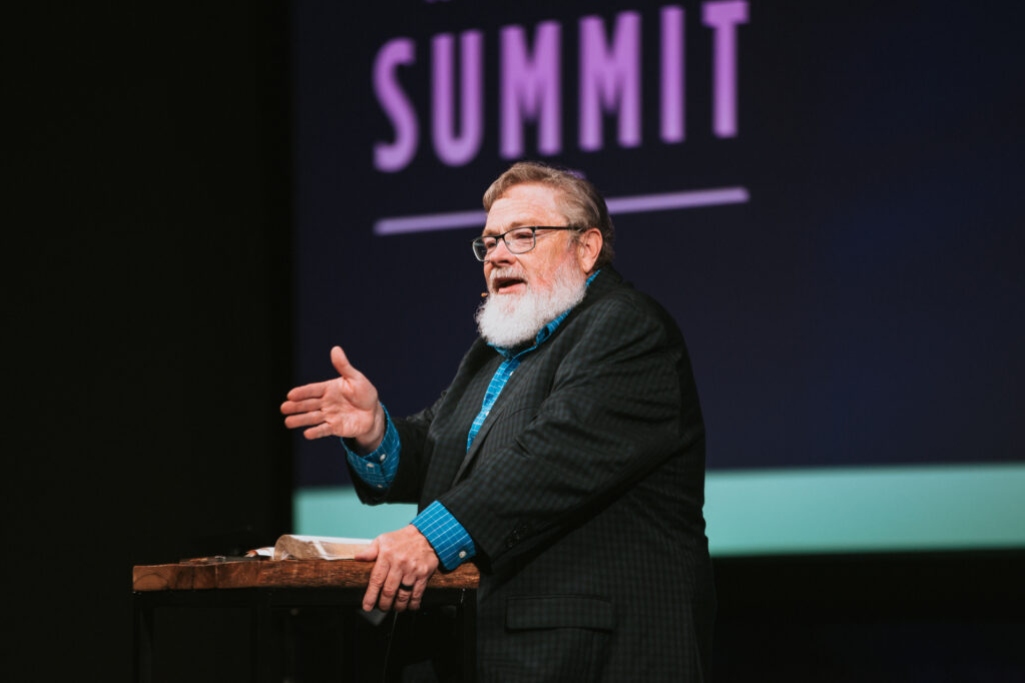The long road to Election Day is over. Donald J. Trump has been elected the 45th President of the United States. Evangelical reaction is mixed. On the one hand, many evangelicals (including the authors of this column) opposed Trump’s nomination. On the other hand, many white evangelicals supported his campaign.
Regardless, there are two things upon which evangelicals can agree.
First, we can agree that in recent decades, evangelicals have been decentered socially and culturally. Although we have seen incremental progress in our advocacy for the pro-life cause, we are experiencing consistent setbacks on other significant concerns such as religious liberty, race relations and marriage and family. More to the point, many Americans consider our stance on moral issues to be not only wrong but bad and view us as little more than the hypocritical and bigoted special interest arm of the Republican Party.
Second, for the next four years, our evangelical witness and action will take place in the context of a Trump presidency. That fact should not alter our political vision and mission. Administrations come and go; the Christian mission remains the same. Therefore, we should be able to unify our public witness around four directives: reassessing our priorities, reframing political issues, reinvigorating our commitment to social causes and persevering even if the decks are stacked against us.
Reassessing our priorities
The Christian “gospel” is the announcement that Jesus Christ is Lord; that he suffered and died on a cross to pay the penalty for our sins; that he rose from the dead and appeared publicly to many people; and that he will return one day as King to institute a world order characterized by love, peace and justice. As evangelicals, we must ensure that our political initiatives serve as a preview of that world order.
One way to do that is to continue our commitment to the causes we are known for, such as demanding justice and equality for unborn babies and protecting religious liberty for all citizens.
But there are other ways too. We must find compelling ways to show that the Bible’s narrative – rather than the political narrative of a cable news network – is the true story of the whole world. We must be quick to identify the false gods and saviors offered up by every modern political ideology, including liberalism, conservatism and progressivism, nationalism and socialism. We must find ways to make clear that our allegiance to Jesus Christ takes precedence over our allegiance to any particular political ideology, party or platform.
Reframing political issues
The United States is as divided as it has ever been. Our political discourse is toxic. Our trust in public institutions is at an all-time low. Our differences on political issues are so great that we’ve demonized each other. But evangelicals, because of our commitment to the gospel, are poised to speak a good word into a bad situation.
Our commitment to the gospel means that we can “reframe” political issues so that they can be seen in a new light. For example, the gospel reframes our approach to wealth by revealing that wealth is neither our savior nor our ultimate security and by causing us to be radically generous to the economically disadvantaged.
Similarly, it reframes our approach to power by causing us – counterintuitively – to lovingly serve and empower others by decentering ourselves.
This type of “reframing” of political issues will break the ability of American society to dismiss evangelicals by classifying us as the special interest arm of any one political party. It does not mean that we should renounce our membership within a political party; it means that we can work for the betterment of our party.
Reinvigorating social action
The late great evangelical Francis Schaeffer argued, in his book The Great Evangelical Disaster, that American evangelicals have been beset by deficiency in response to two realities: racism and poverty. Schaeffer is right: we must do better. The gospel demands it and our nation needs it.
In regard to race and poverty, evangelical conservatives should take the reins in our own political party. We should demand that our political candidates speak openly and consistently about racial prejudices and injustices, whether the victims be black, white, Hispanic or other. In regard to wealth, we should place poverty at the top of the list of our talking points and agendas for action. As evangelical conservatives, we cannot ignore our brothers and sisters who are persons of color and we cannot look the other way when our fellow citizens are desperately poor.
We must disprove the reigning political narrative that says evangelicals do not care about persons who are financially disadvantaged, ethnically downtrodden or socially marginalized. We must find evangelical conservative ways of working on their behalf.
Embracing our position of weakness
Evangelicals must embrace the era in which the Lord has placed us, an era in which we and our concerns have been decentered. Instead of resenting the moment, slouching into bitter withdrawal, or charging into angry activism, we embrace the challenge to work for evangelical causes, even from a position of cultural weakness.
After all, our Lord reigned from a tree. And if he reigned from a tree, evangelical conservatives can also serve our great nation even – and especially – from a position of cultural weakness.
(EDITOR’S NOTE – Bruce Ashford is the provost and dean of faculty at Southeastern Baptist Theological Seminary, where he also serves as professor of theology and culture. D.A. Horton is a pastor at Reach Fellowship in North Long Beach, Calif., and serves on staff at the Urban Youth Workers Institute. This column first appeared at foxnews.com. Used with permission.)


